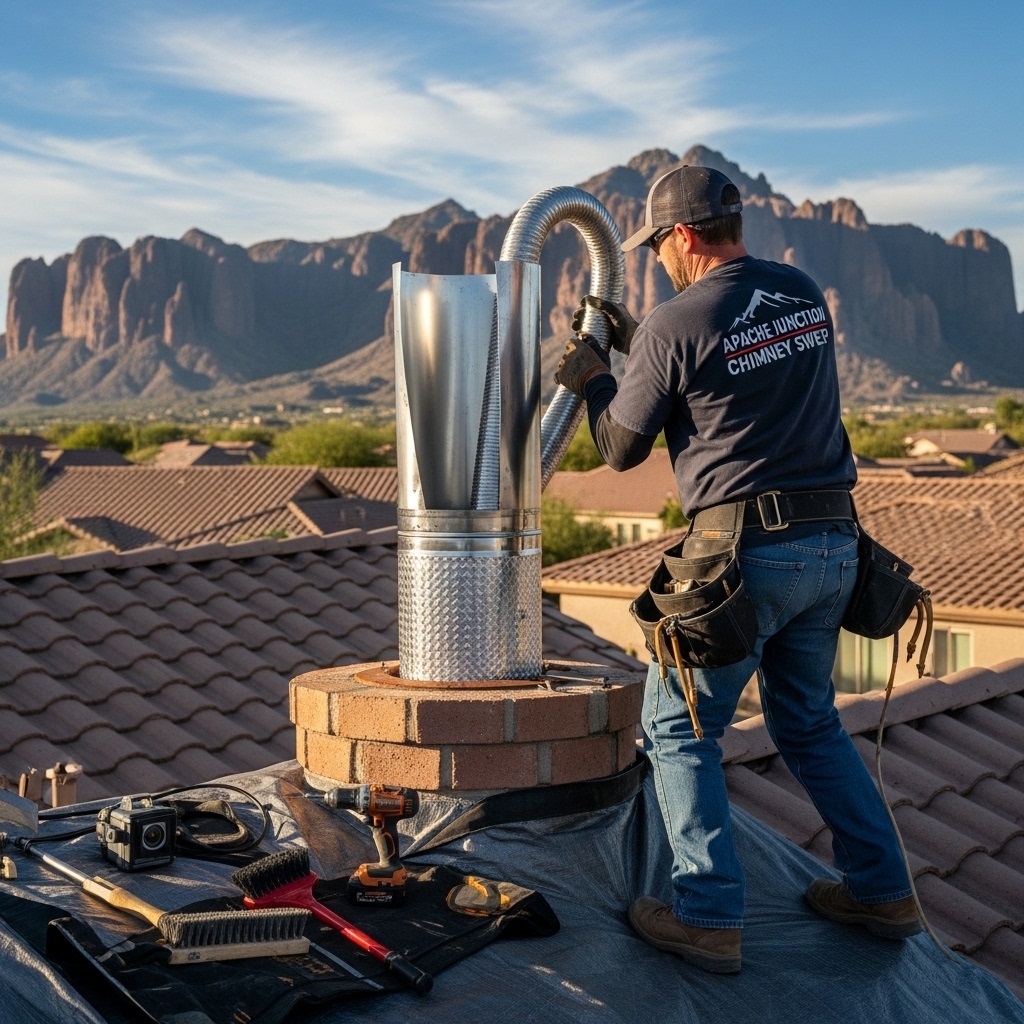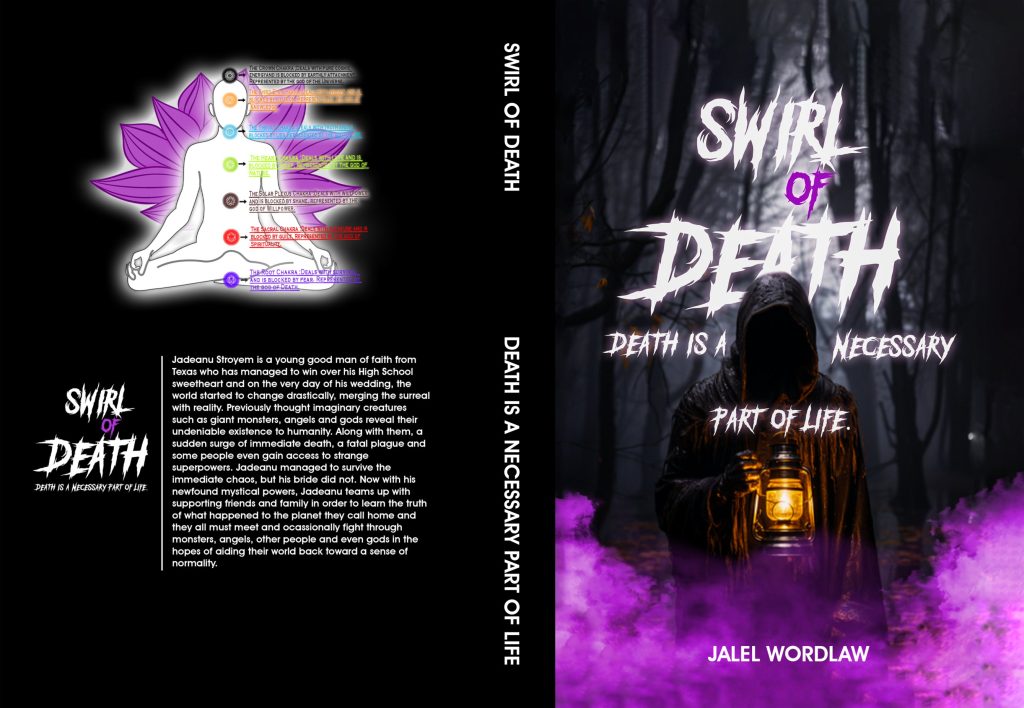If you’re living in Apache Junction and have a fireplace, you’ve probably heard a thing or two about chimney liner. But have you ever wondered what would happen if you just kept using your chimney without one? You might be tempted to ignore that little detail, especially if your home is older or you’re trying to save some cash. But before you light that next fire, it’s worth understanding why a chimney liner isn’t just some fancy add-on—it’s a pretty important part of keeping your home safe and sound.
“A chimney without a liner is like a highway without guardrails—danger is just one wrong move away.”
Why Does a Chimney Liner Matter So Much?
Imagine your chimney as a giant straw. Its job is to pull smoke, gases, and all the byproducts of your cozy fire out of your house. Now, without a liner, that straw is just a rough brick tunnel. Over time, all that heat, smoke, and even bits of burning wood bounce around inside, slowly wearing away at the brick and mortar. A chimney liner acts like a protective sleeve, keeping the inside of your chimney safe from all that abuse. It helps guide smoke up and out, and stops the acids and moisture from eating away at your chimney’s bones.
In Apache Junction, where the climate can swing from blazing hot to chilly desert nights, your chimney sees a lot of temperature changes. That means more expansion and contraction, which can lead to cracks. Without a liner, those cracks get worse, letting dangerous gases seep into your home—or even starting a fire where you definitely don’t want one.
What Can Go Wrong Without a Chimney Liner?
Let’s break it down. Here are some of the biggest risks you take when you skip out on a chimney liner:
| Risk | What Might Happen | Why It Matters in Apache Junction |
|---|---|---|
| Fire Hazard | Heat and flames can reach the wood framing behind your walls. | Dry desert air and old wooden homes are a recipe for disaster. |
| Carbon Monoxide Leaks | Poisons gases could slip into your living space. | Windows often closed during dust storms, trapping dangerous air inside. |
| Chimney Damage | Brick and mortar slowly crumble from the inside. | Repairs are costly and can leave you without a fireplace during chilly nights. |
| Poor Performance | Smoke doesn’t draft well, making fires harder to start and maintain. | Nothing ruins a chilly evening like a room full of smoke! |
| Mold and Moisture Issues | Water vapor seeps in, leading to mold growth. | Moisture plus heat equals a breeding ground for problems. |
The Apache Junction Angle: Local Risks and Realities
Living in the desert has its perks, but when it comes to chimneys, the hot, dry climate can be a double-edged sword. The big temperature swings between day and night cause bricks and mortar to expand and contract. Without a chimney liner, these tiny movements start to break down the structure inside your chimney faster than you might expect. Plus, Apache Junction dust storms can carry debris that gets trapped in cracks, making things worse.
Another thing to consider: a lot of homes in this area were built decades ago. Back then, codes weren’t as strict, and many chimneys were built without a liner at all. If you’re not sure about yours, it’s worth getting it checked out—especially before you burn anything. The last thing you want is a surprise visit from the fire department or a hefty repair bill because you waited too long.
What’s the Bottom Line? It’s About Safety and Peace of Mind
At the end of the day, a chimney liner isn’t just a technical requirement—it’s about making sure your home stays comfortable and safe. Whether you use your fireplace once a year or every chilly evening, the risks of skipping the liner just aren’t worth it. From fire hazards to invisible gases, the threats are real, especially in the unique climate of Apache Junction. It’s one of those things where a little prevention now can save you a lot of trouble later.
Key Features of a Chimney Liner
Protection: A chimney liner shields your brickwork from smoke, heat, and acids. It also makes cleaning easier and keeps unwanted critters out.
Durability: Modern liners are built to last—stainless steel and clay liners can stick around for decades with basic upkeep.
Efficiency: A properly fitted liner helps your fireplace draft better, so you get more warmth and less smoke.
Safety Comes First
If you value your health and your home, a chimney liner is the unsung hero. It keeps flames and gases where they belong, drastically lowering your risk of fires and carbon monoxide poisoning. Think of it as a safety net you’ll never see—but one you’ll be grateful for.
Cost: Is It Worth It?
Installing or replacing a chimney liner isn’t free, but it’s a lot cheaper than repairing a fire-damaged home or treating health issues from carbon monoxide poisoning. Prices depend on the size of your chimney and the type of liner you choose, but many homeowners find the peace of mind is worth every penny.
Emergency Service: Who You Gonna Call?
If you ever smell smoke when there’s no fire, or your carbon monoxide detector goes off, don’t wait—call a professional right away. There are plenty of emergency chimney services in Apache Junction ready to help 24/7. They can check for damage, do repairs, and make sure your home is safe again before you light another match.
FAQs
- Do I really need a liner if my chimney is old?
Yes! Older chimneys are even more at risk because their bricks and mortar are already worn down. - How do I know if my chimney has a liner?
A chimney sweep can check for you with a quick inspection. - How often should I get my liner checked?
Once a year is a good rule of thumb, especially before the colder months. - Can I install a liner myself?
It’s best to let the pros handle it—installing a liner can be tricky and dangerous without the right tools and experience.
Wrapping Up
So, if you’re in Apache Junction and you love your fireplace, don’t overlook the importance of a chimney liner. It’s a simple fix for a whole list of potential headaches. Keeping your chimney lined means more cozy nights, fewer worries, and a safer, happier home. After all, peace of mind is worth its weight in gold—especially when it comes to your family’s safety.
Read More: Local Chimney Sweep


